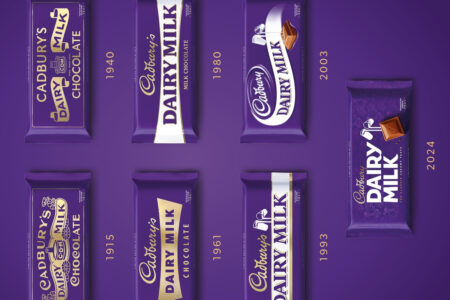BDSI study shows shoppers say the State should not influence eating choices

pic: Shutterstock
Research from the BDSI German confectionery association has revealed the results of a recent survey that showed an overwhelming total of 84% of respondents believed that people should decide for themselves what food and treats they eat, writes Neill Barston.
As the organisation noted, the country remains renowned for its diverse array of colourful sweets and snacks from a dynamic industry that includes major brand that have existed for many decades, and newer players into the market.
Consequently, only 13% of people responded that government guidelines in relation to eating habits were considered as being useful, amid moves from the Federal Government to introduce eating guides were considered to be too paternalistic in nature, and rejected by shoppers.
According to the BDSI, the country’s manufacturing sector has evolved notably to offer variants with less sugar, fat or salt. Vegan, gluten-free and lactose-free products also expand the delicious portfolio. In this way, the industry adapts to social trends and a wide range of dietary requirements. Nevertheless, there are efforts by parts of the federal government to set state requirements for food recipes, for example.
As previously reported, the organisation has reported considerable challenges for the confectionery sector within the past few years, with the major market disruption of the pandemic being replaced by an energy crisis during the past two years, which prompted fears for the sector’s future, as businesses faced considerably elevated operating costs.
This led to the postponement of last year’s ISM event in Cologne, which was put back from its traditional January time-slot until April, though the event returned to its start of year timing for 2024, as the market looked to deliver a sense of optimism after a challenging period of trading.
Cocoa processing
Significantly, the BDSI also noted that in the related cocoa processing industry, which is vital to the chocolate segment, the 10 bean-based companies in Germany that participate in the reporting process with their production facilities ground a total of 105,900.3 tonnes of cocoa in the first quarter of 2024. This represents an increase of 3.9% compared to the corresponding quarter of the previous year.
However, it noted that the downward trend in grinding continues throughout Europe. The European Cocoa Organization (ECA) reports at www.eurococoa.com for the first quarter of 2024 that 367,287 t of raw cocoa were ground. This corresponds to a decrease of 2.2% compared to the same quarter of the previous year.



